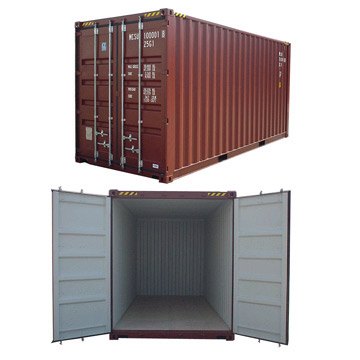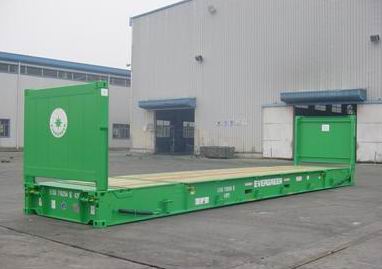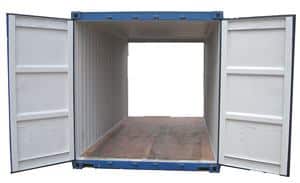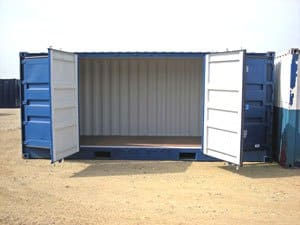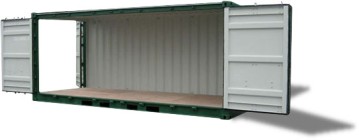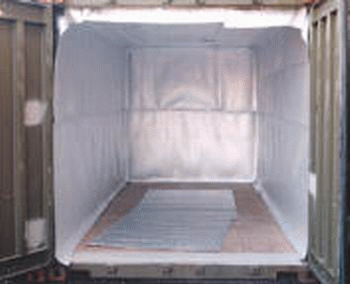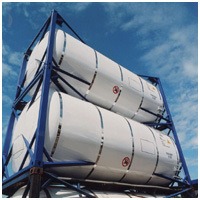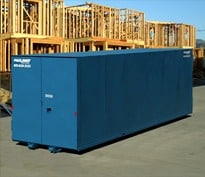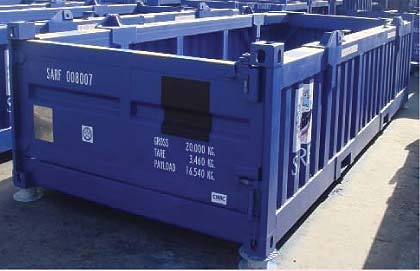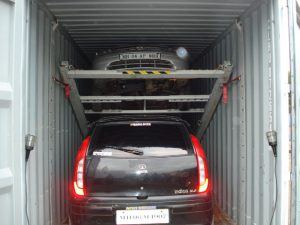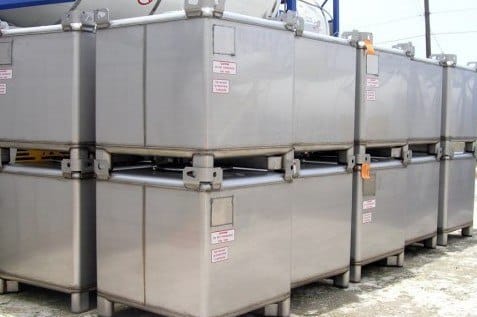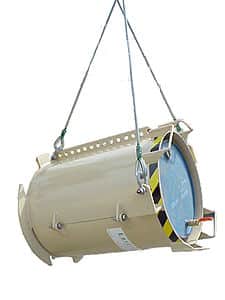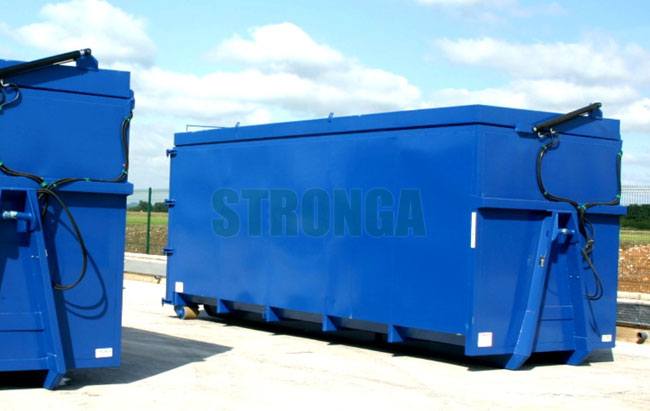Apex Global Logistics Cargo L.L.C established in 2013 in Abu Dhabi by a group of highly hands on experienced professionals in the field of freight forwarding / shipping, provide specialized and customized logistics solution to our customers.
We offer :-
International and Domestic Moving Service
Sea Cargo (Full Container / Loose Container)
Air Cargo (Door to Door)
Door to Door Services (Commercial & Household items)
Packing & Removals (Local & International)
Project Shipments / Break bulk and Ro-Ro / Oilfield equipments.
Storage / Warehousing and Distribution.
Car Loading / Lashing / Industrial Packing.
We are one among the Top Leading Moving (Relocation) company in UAE accredited with International Moving Associations
We guarantee best rate with assured Best Service.
Let us make your move hassle free...!
APEX GLOBAL LOGISTICS CARGO LLC
For any kind of Shipping assistance please contact AGL
web : www.apexglc.com
facebook : www.facebook.com/apexglc
APEX GLOBAL LOGISTICS
CARGO LLC
CARGO LLC
Moving to USA ?
Moving to UK ?
Moving to India ?
Moving to Pakistan ?
Moving to France ?
Moving to Ireland ?
Moving to Germany ?
Moving to Morocco ?
Moving to Italy ?
Moving to Spain ?
Moving to Denmark ?
Moving to Sweden ?
Moving to Australia ?
Moving to New Zealand ?
Moving to Egypt ?
Moving to Canada ?
Moving to South Africa ?
Moving from Abu Dhabi ?
Moving companies in Abu Dhabi
Moving to Dubai ?
Shipping to India ?
Shipping to USA ?
Shipping to UK ?
Shipping to Canada ?
Shipping to Australia ?
Shipping to Pakistan ?
Shipping to France ?
Shipping to Italy ?
Shipping to Denmark ?
Shipping to Spain ?
Shipping to Malaysia ?
Cargo to India
Cargo to Pakistan
Moving to UK ?
Moving to India ?
Moving to Pakistan ?
Moving to France ?
Moving to Ireland ?
Moving to Germany ?
Moving to Morocco ?
Moving to Italy ?
Moving to Spain ?
Moving to Denmark ?
Moving to Sweden ?
Moving to Australia ?
Moving to New Zealand ?
Moving to Egypt ?
Moving to Canada ?
Moving to South Africa ?
Moving from Abu Dhabi ?
Moving companies in Abu Dhabi
Moving to Dubai ?
Shipping to India ?
Shipping to USA ?
Shipping to UK ?
Shipping to Canada ?
Shipping to Australia ?
Shipping to Pakistan ?
Shipping to France ?
Shipping to Italy ?
Shipping to Denmark ?
Shipping to Spain ?
Shipping to Malaysia ?
Cargo to India
Cargo to Pakistan
Cargo to USA
Cargo to Australia
Cargo to Canada
Cargo to UK
Cargo to Ireland
Cargo to Spain
Cargo to France
Cargo to Malaysia
Movers and Packers in Abu Dhabi
Top Moving companies in UAE
Cargo companies in Abu Dhabi
International Moving companies in UAE
Best Moving companies in UAE
Door to Door Cargo to India
Door to Door Cargo to Pakistan
Door to Door cargo to United States
Door to Door Cargo to UK
Moving from UAE ?
Car export from UAE ?
Cargo to Australia
Cargo to Canada
Cargo to UK
Cargo to Ireland
Cargo to Spain
Cargo to France
Cargo to Malaysia
Movers and Packers in Abu Dhabi
Top Moving companies in UAE
Cargo companies in Abu Dhabi
International Moving companies in UAE
Best Moving companies in UAE
Door to Door Cargo to India
Door to Door Cargo to Pakistan
Door to Door cargo to United States
Door to Door Cargo to UK
Moving from UAE ?
Car export from UAE ?

